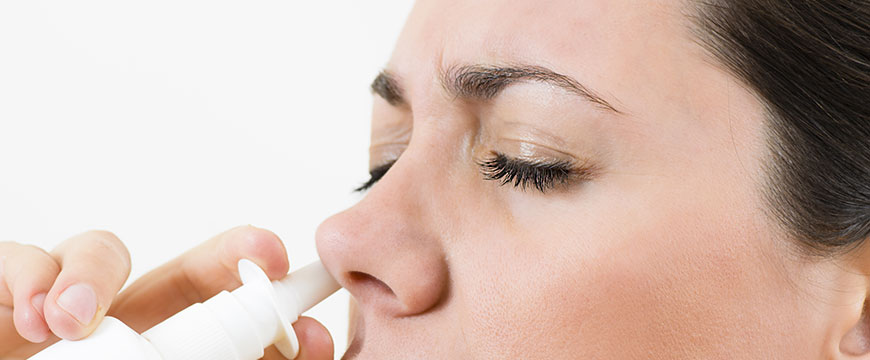
If you are suffering from Asthma, you must know that it is a frightening feeling when you are unable to breathe. Some people’s anxiety and asthma go together. Most of the time, it is hard to unravel the connections between them. However, stress can also cause anxiety, but this article will talk about how stress and asthma symptoms go together.
When stress levels begin to go up, regardless of the reason, asthma symptoms can go overdrive. While the coughing and wheezing get bad, your health is one of the reasons why you should worry. Anxiety, stress, and asthma have a vicious cycle, and everything can quickly turn downwards. When this happens, contact your asthma doctor right away.
By reading this article until the end, you will learn more about this now.
Asthma – What is it?
Asthma is having shortness of breath and breathing difficulty because of inflamed airways. Asthma affects millions of people and it is one of the most chronic conditions that children have.
A lot of factors affect asthma, which includes genetics, allergies, and the environment. Your doctor will help you identify your triggers and learn how to master these irritants, calm them, or avoid them.
You need to understand the triggers because the triggers vary from one person to another.
Almost half of those with asthma have allergies, and you can control both conditions when you are aware.
How to Find Out if Stress Triggers Your Asthma Symptoms
The primary step is to know that you are stressed; sometimes people are unable to recognize these signs. Stress makes you feel irritable, more worried than you usually are, restless, teary, or have a hard time making decisions.
The second one is that stress levels can worsen your asthma even if sometimes you do not feel their connection.
You should write down when you are stressed and if it triggers your asthma symptoms. Keep a diary and write down why and when you are stressed together with the symptoms.
You are going to see patterns. For instance, maybe you have more asthma symptoms when you were moving, or your exams were coming up.
Managing Stress with Asthma
Stress is part of life – with or without it. Therefore, it is important to find the best ways to manage stress if you are suffering from a disorder. You need to relax before the stress happens so you can prevent shortness of breath and avoid an attack.
Change what is in your thoughts – You need to change your thought patterns that lead to stress. How you think, what you think, what you can expect, and what you must tell yourself most of the time to determine the way you feel and how good you are at managing stress levels.
Reduce the stressors around you – identify the stressors you have in your life like relationship problems, money problems, deadlines, grief, and not enough support. If you are unable to resolve these stressors, you must get professional help.
Daily exercise – You must exercise daily. Exercising when you have asthma is a great way to burn the accumulated effects that stress has so you stay healthy.
Sleep is powerful – When you have a chronic illness like asthma, you need a lot of sleep. If you are unable to sleep well because of nighttime asthma, your energy will go down and you will have fewer resources to cope with stress.
Stay away from stressful situations – Manage time effectively, like delegating when needed, pacing yourself, setting priorities, and resting.
These are the information you need to know about asthma. You can also contact allergy specialist Manassas VA.








